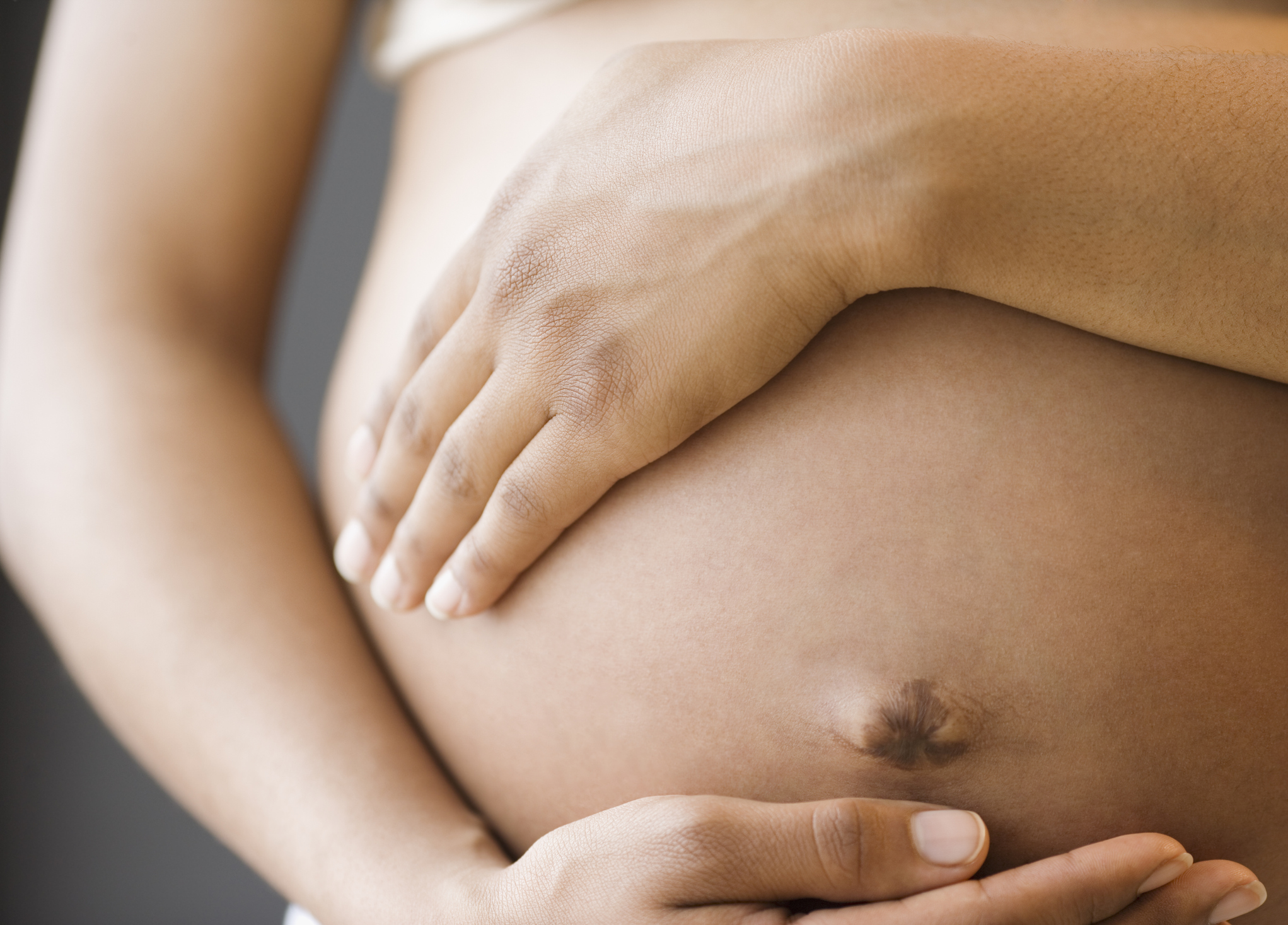Nurse midwife Karen Sheffield-Abdullah is sharing some important insights she’s gained from her vantage point of the continued Black maternal health crisis.
In an All Things Considered interview with NPR’s Scott Detrow, Sheffield-Abdullah first stressed the importance of doctors listening to Black women patients when they express health concerns.
Sheffield-Abdullah went on to share her thoughts on how academics, medical researchers, and medical professionals should try harder to incorporate the Black community when addressing maternal health disparities.
“I truly believe that if we were to ask the Black community, what do they need, they would tell us,” Sheffield-Abdullah said. “Because they know better than we do. And the CDC is clear. Four out of five of pregnancy-related deaths are preventable. We need to do better, and we can.”
She also noted that “diversifying the health care workforce” is important to ensure that “the individuals who are taking care of the community look like the community they’re serving.
New Studies Exploring Black Maternity
Several new studies have been released over the past several months exploring additional elements of the Black maternity health crisis.
This includes a study in the American Journal of Hematology that detailed that Black pregnant women with Sickle Cell Disease experience higher rates of stillbirths and inpatient maternal mortality.
Olympians Allyson Felix and Tianna Madison also recently spoke out about the health disparities Black women are facing. Their comments came after the death of their teammate Frentorish “Tori” Bowie. The Olympian died at 32 years old when she was eight months pregnant and in labor.
“Three gold medalists from that 4×100 relay team in Rio set out to become mothers. All three of us — all Black women — had serious complications,” Felix wrote in a piece for Time. “We’re dealing with a Black Maternal Health crisis. Here you have three Olympic champions, and we’re still at risk.”
